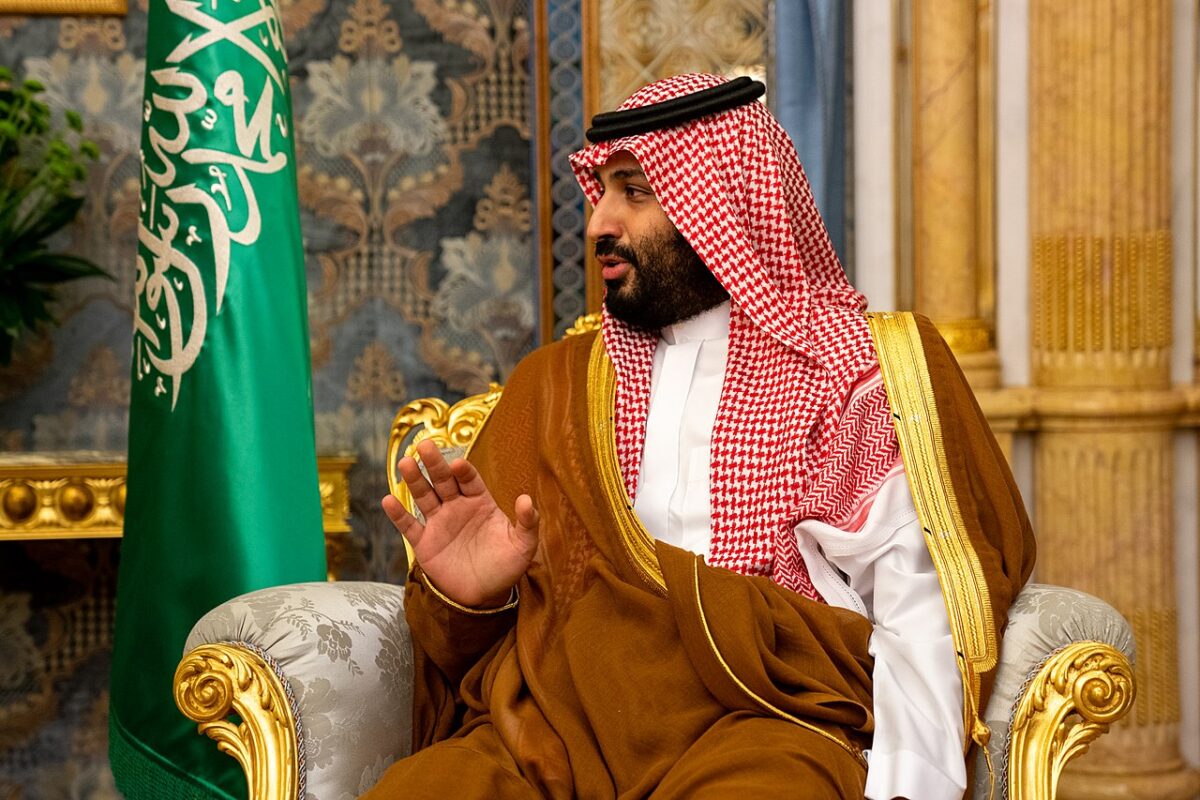Saudi Arabia’s reluctance to normalize relations with Israel is hardly surprising. Anti-Israel and antisemitic tropes and stereotypes are so deeply embedded in Saudi society that it is hard for the government to justify a rapprochement with the Jewish state.
Certainly, the festering Palestinian problem, plus the absence of a a two-state solution, also inhibit the Saudis from establishing formal diplomatic relations with Israel.
But at the end of the day, the harsh rhetoric that Saudi Arabia has marshalled against Israel, Zionism and Jews for decades constrains Saudi leaders to some extent. Having painted themselves into an ideological corner, they find it difficult to change and align their policy with that of the United Arab Emirates, Bahrain and Sudan, all of which have come to terms with Israel in the past four months.
Saudi Arabia is governed by the norms and customs of Wahabbism, an austere, archly conservative form of Islam resistant to reform. As a result, Saudi school textbooks have conveyed a spirit of intolerance and hatred toward Christians and Jews and promoted the concept of holy war against so-called infidels.
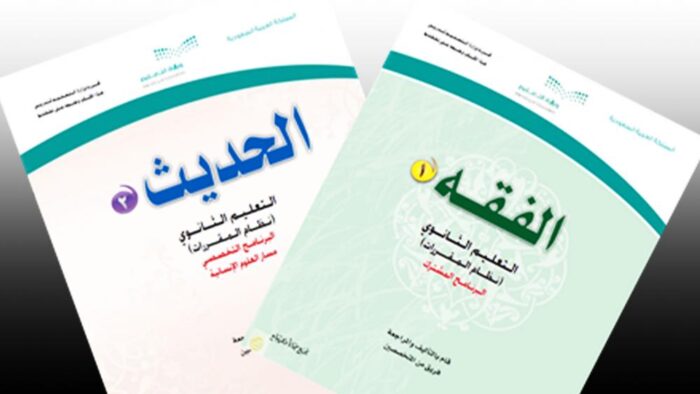
In short, generations of Saudi students have been brainwashed.
A report issued by the Center for Religious Freedom and Freedom House a few years ago charged that these toxic texts have contributed to the widespread belief that “unbelievers,” or non-Muslims, have united in a war against Islam that will ultimately end in the destruction of such infidels.
Lest it be forgotten, 15 of the 19 Arab terrorists who crashed hijacked American passenger planes into the World Trade Center in Manhattan and the Pentagon in Washington, D.C. on September 11, 2001 were Saudi citizens and followers of Osama bin Laden, the leader of Al Qaeda and a Saudi national himself.
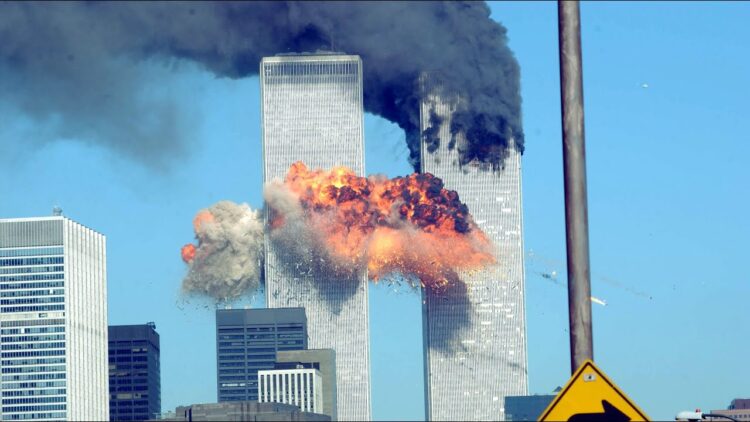
After 9/11, U.S. government officials expressed concerns that the Saudi school curriculum may have played a crucial role in shaping the radical beliefs of the hijackers.
This contentious issue is in the news again. The Institute for Monitoring Peace and Cultural Tolerance in School Education (IMPACT-se) — a non-profit organization based in Jerusalem which reviews educational materials in the Middle East — has published a report about Saudi textbooks.
Released on December 16, it gives the Saudis a mixed grade at best. While “a substantial amount of offensive” antisemitic and anti-Zionist content has been removed from Saudi textbooks, fresh “tolerant material” has not been introduced into the newest textbooks.
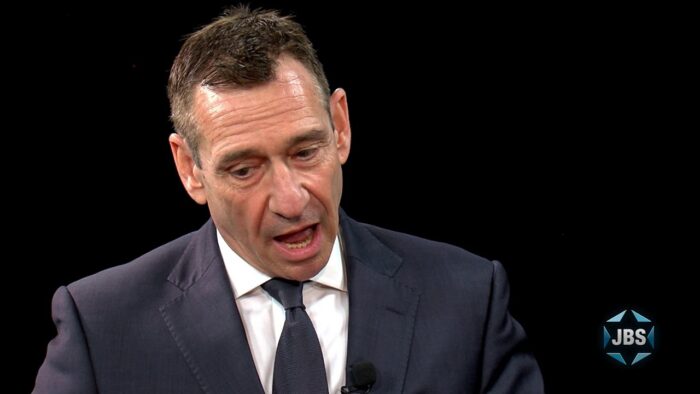
Marcus Sheff, the chief executive officer of IMPACT-se, believes the new textbooks represent “an institutional effort to modernize (the Saudi) curriculum.”
Saudi authorities have begun “a process of rooting out anti-Jewish hate.” References to Muslims killing Jews in a war have been dropped, as have accusations that “Zionist forces” deploy drugs, sex and money to control the world. Yet hatred of Jews is still present, he says.
He adds that Saudi attitudes toward Israel are becoming “more balanced and tolerant,” though Israel is still not shown on Saudi regional maps and Zionism is branded as a racist political movement. “Anti-Israel content does still remain in the curriculum,” he says.
In conclusion, he writes, “There is clearly still work to be done, (but) the changes made thus far show promise for a moderate and tolerant curriculum. Further improvements need to be made. But the overriding impression is of a willingness to engage, to participate in dialogue regarding curriculum content and finally move towards textbook reformation.”
Fahad Nazer, a spokesman for the Saudi embassy in Washington, told Time magazine that his government is making “a very concerted effort to remove all (offensive material) from the entire curriculum.”
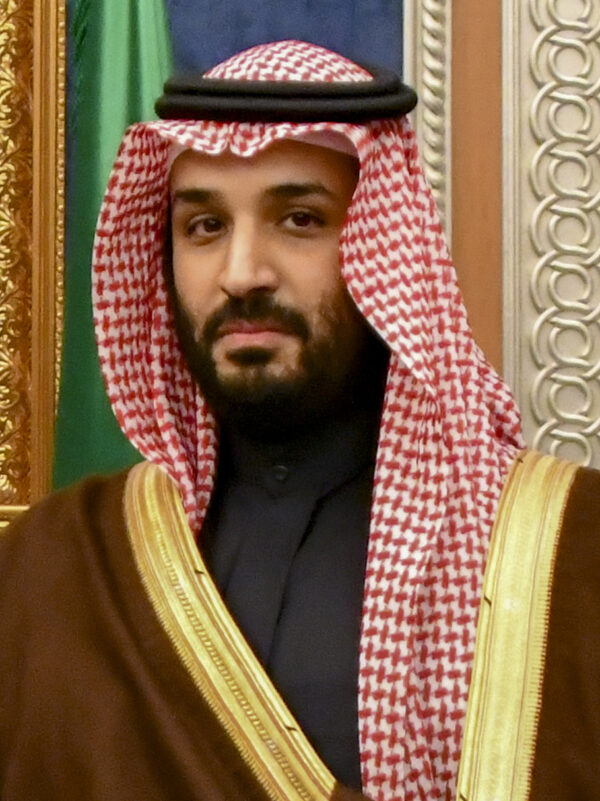
In all probability, Crown Prince Mohammed bin Salman, the heir to the Saudi throne, is behind the movement to modernize the school curriculum and, with it, its panoply of out-of-date textbooks.
By Saudi standards, he’s a reformer, having pledged to combat extremism and promote a “moderate” version of Islam. If he continues to push this agenda, textbooks deemed to be offensive will be removed and will be replaced by textbooks that contain no objectionable themes and passages.
Realistically, time will tell whether the Saudis are sincere. But if the past is any guide, caution should be observed. The Saudis have not always lived up to their promises.
In 2005, Saudi Arabia’s ambassador to the United States, Prince Turki al-Faisal al-Saud, placed an advertisement in The New Republic magazine promising genuine reform. The ad read: “Having modernized our school curricula to better prepare our children for the challenges of tomorrow … Saudi Arabia has vowed to fight evil with justice, confront deviant thoughts with wisdom and noble ideas, and challenge extremism with moderation and toleration.”
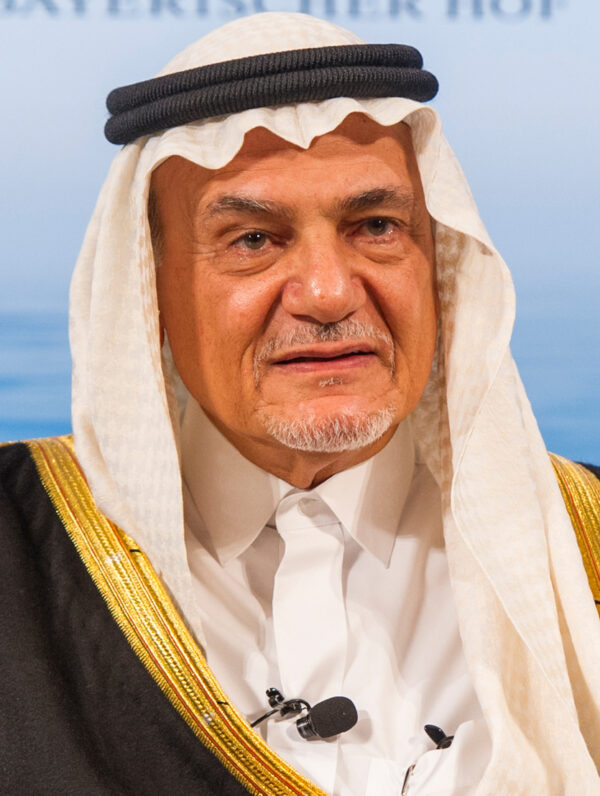
He reiterated this message during a speaking tour of the United States in the following year.
In fact, the Saudis tweaked the curriculum, but left much of it intact, as the founder of Human Rights Watch, Robert Bernstein, noted in 2012.
The Saudi government “continues to print textbooks inciting hatred and violence against religious minorities,” he wrote, citing as an example an eight grade textbook which described Jews as “apes” and Christians as “swines.”
Two years ago, the Anti-Defamation League reported that Saudi textbooks are still “alarmingly similar to what was included in (its) curriculum around the time of the 9/11 attacks.”
As of last year, Saudi textbooks were still propagating antisemitic conspiracy theories, with students being taught that “judgment day … will not come until the Muslims fight the Jews” and “kill them.”
Saudi Arabia has a long way to go before its antiquated education system is completely reformed. But judging by the most recent report monitoring Saudi textbooks, the Saudis have taken the first few steps of a journey of a thousand miles.
